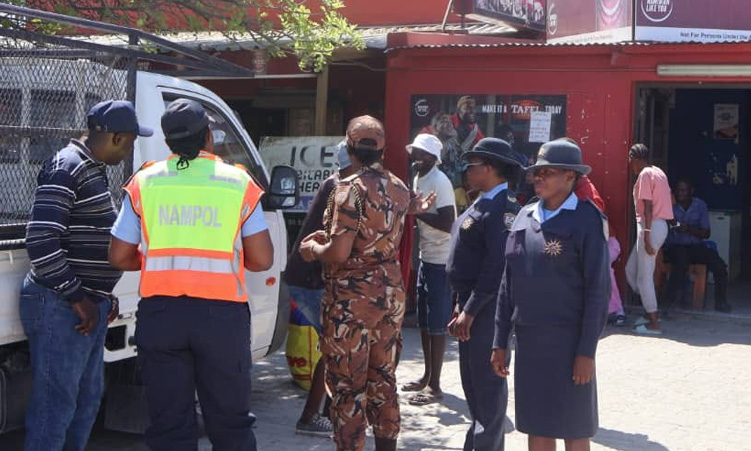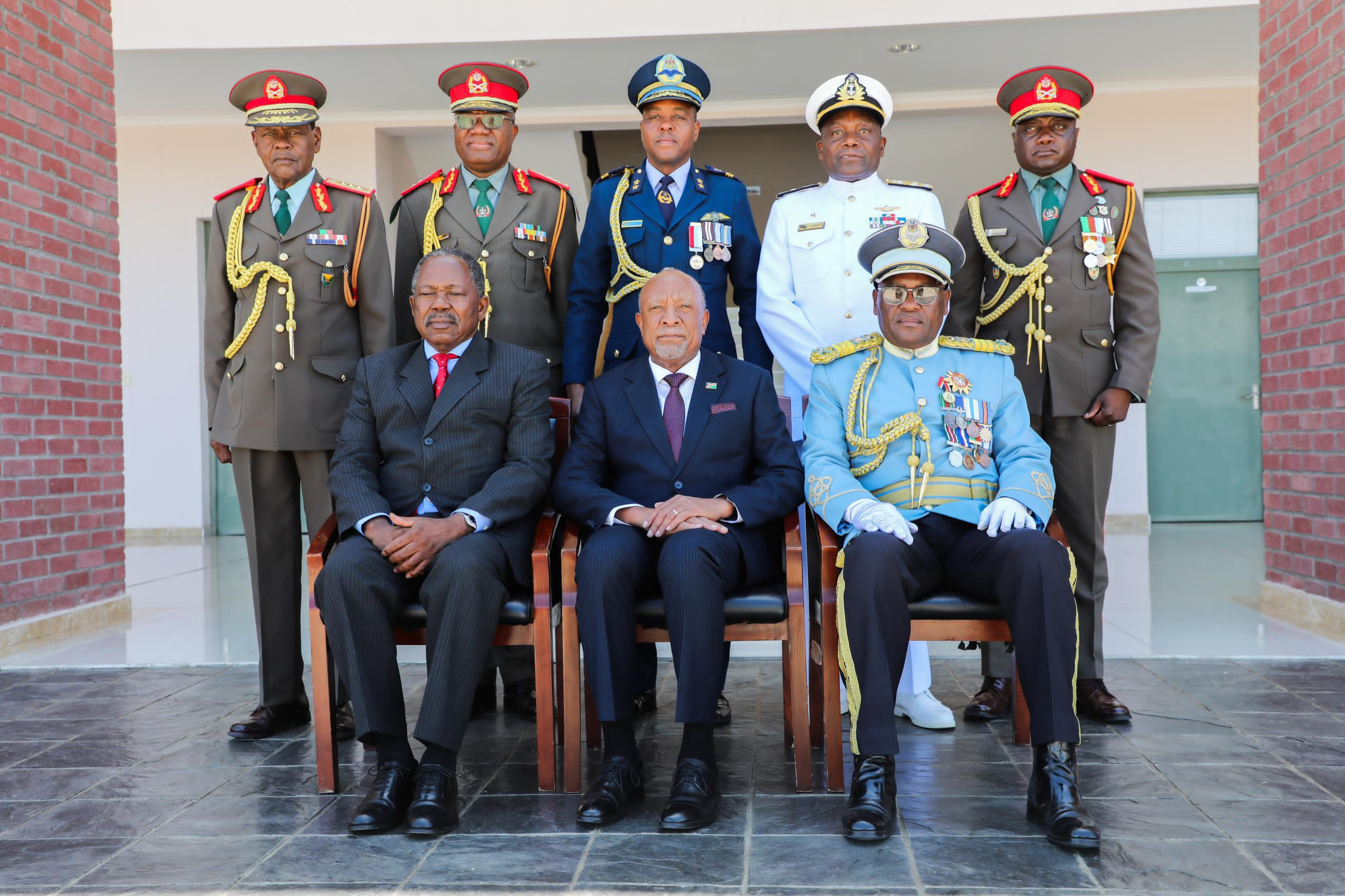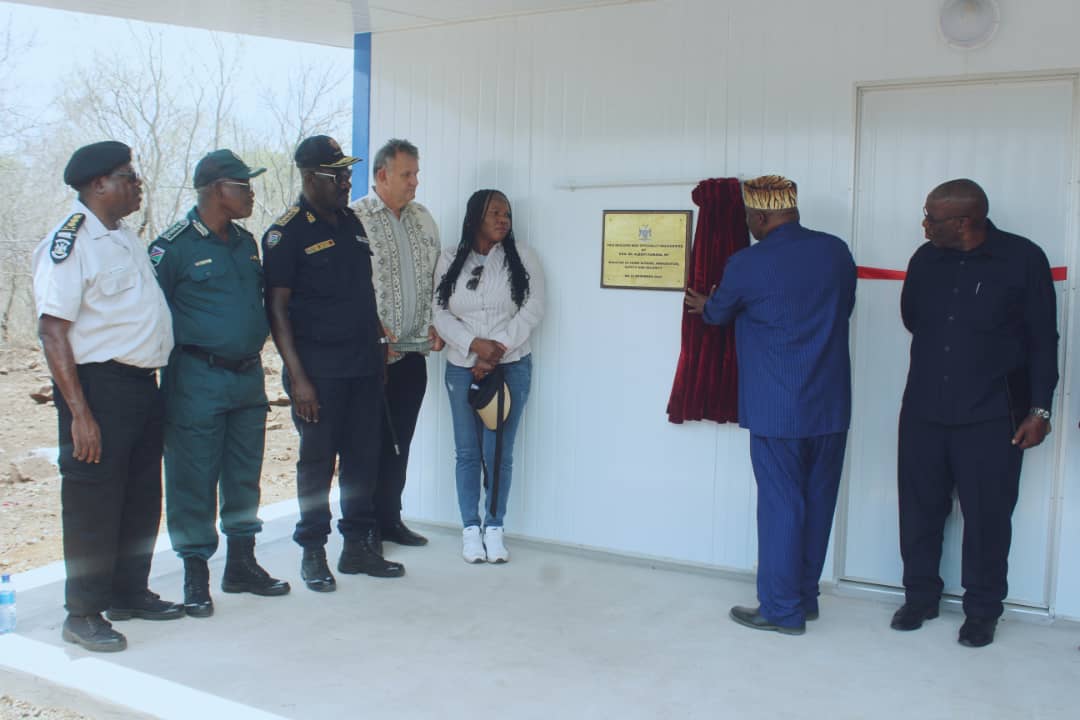The Namibian Police play a crucial role in maintaining law and order in society.
Under the command of the inspector general, the police are mandated to uphold the rule of law, with certain powers to enforce the law and ensure the safety of all citizens.
Understanding these powers is essential for both law enforcement officers and the general public. This article aims to provide an exploration of police powers in Namibia, shedding light on their scope, limitations and implications for the public.
As mandated by article 118 of the Namibian Constitution, the Police Act 19 of 1990 establishes the Namibian Police and provides for a legal framework for the exercise of police powers, duties and procedures.
The law further provides for the organisation and administration of the police and stipulates measures for complaints and disciplinary proceedings. Legislation such as the Labour Act does not apply to the police force – although the constitutional right to fair and reasonable administrative action does apply. In terms of the regulations issued under the act, the police are not allowed to establish or join a trade union without the written permission of the inspector general.
REQUIREMENTS OF A POLICE OFFICER
Prospective members of the police must undergo medical examinations to ensure they are mentally and physically fit to serve. People who have been convicted of certain crimes are not allowed to join the police. Members may be discharged on account of ill-health, extended absence without leave, incapacity to perform their duties efficiently or as a penalty for misconduct. They can also be reduced in rank because of inefficiency.
USE OF FORCE
While maintaining public order, police officers should use the minimum amount of force in carrying out their duties. If the use of force and firearms is unavoidable, they must exercise restraint in such use and act in proportion to the seriousness of the offence in particular to respect and preserve human life. Should there be any injuries, polices officers must render immediate medical assistance and notify family or friends as soon as possible. Instances of arbitrary or abusive use of force and firearms are punishable as a criminal offence.
POWER TO ARREST
One of the duties of a police officer is to execute arrests. This power is granted to them by the Criminal Procedure Act 51 of 1977. Section 39(1) of the act deals with arrests with or without a warrant. An arrest without a warrant will be, for example, when an officer on patrol observes an individual snatching a handbag from another person.
The officer can immediately apprehend the suspect without needing to obtain a warrant because the officer witnessed the crime in progress. Immediately after arrest, the police officer must advise the arrested person of the reason for the arrest, their right to remain silent and to seek legal representation.
The person arrested, if not released by reason that no charge is to be brought, can be detained for a period not exceeding 48 hours unless brought before a lower court and further detention, for the purposes of trial, is ordered by the court. Police officers also have the authority to deliver summons and other court documents. They may participate in court cases on behalf of the state, such as providing evidence in criminal proceedings.
POWER TO SEARCH
Additionally, police officers have the authority to conduct searches of persons, vehicles and premises under specific circumstances. A woman may only be searched by another woman. Searches must be conducted with a warrant issued by a judicial officer unless there are exigent circumstances that justify a search without a warrant, for example to prevent evidence being destroyed. During a search, the police officer may seize items that are relevant to an investigation or constitute evidence of a crime. When requested by the officer, the public may assist and/or cooperate with them in fulfilling their duties.
DISCIPLINARY PROCEDURES AGAINST POLICE OFFICERS
Law enforcement officials can be held accountable for violating the Police Act or an order issued under it. The penalty is a fine of up to N$2 000, being discharged from the force or imprisonment for up to six months. The inspector general can bring disciplinary proceedings against any member for misconduct. The public can file complaints about police misconduct with the police. Members of the public are also encouraged to report the complaint to the Office of the Ombudsman.
The inspector general will appoint a police officer to investigate the complaint, who must be higher in rank and from a different police station. If the complaint is anonymous, the inspector general does not have a duty to start an investigation. The investigating officer will report the findings to the inspector general. If a crime is suspected, the inspector general may refer the matter to the prosecutor general or initiate disciplinary proceedings.
THE DUTY TO RESPECT HUMAN RIGHTS
Police officers are often in direct contact with members of the public and have numerous powers which can affect the public. It is therefore, essential to be aware of police powers and their extent. Knowledge of these powers may foster trust between law enforcement agencies and the public. By adhering to legal procedures, exercising powers judiciously and respecting fundamental rights, the police can fulfil their mandate effectively while safeguarding individual liberties in the quest to maintain a just and secure society where law enforcement operates within defined boundaries and with respect for human rights.
– This article was made possible by support from the Hanns Seidel Foundation (HSF). The contents expressed are those of the authors and do not purport to reflect the views and opinions of the HSF.
Stay informed with The Namibian – your source for credible journalism. Get in-depth reporting and opinions for
only N$85 a month. Invest in journalism, invest in democracy –
Subscribe Now!






